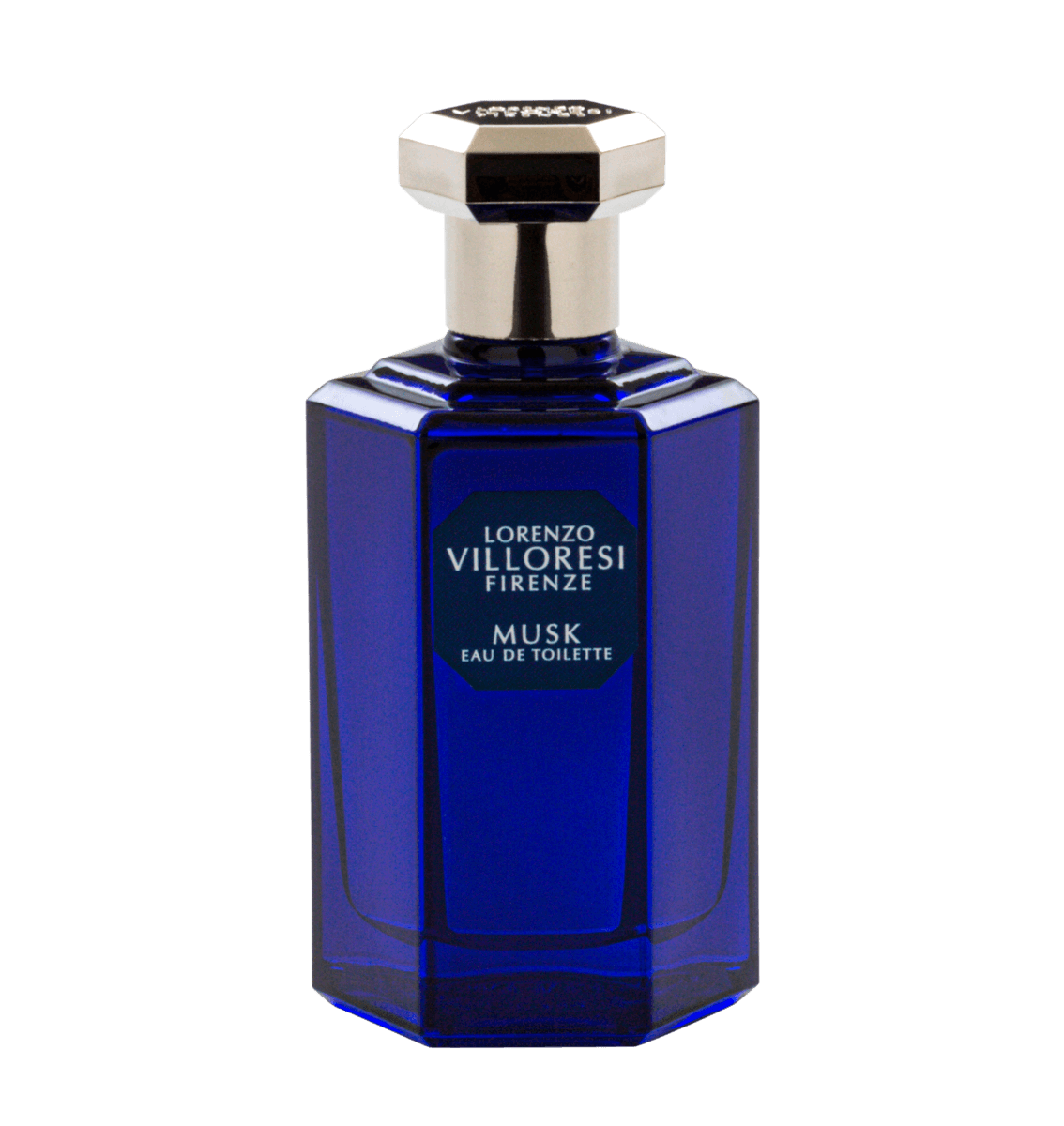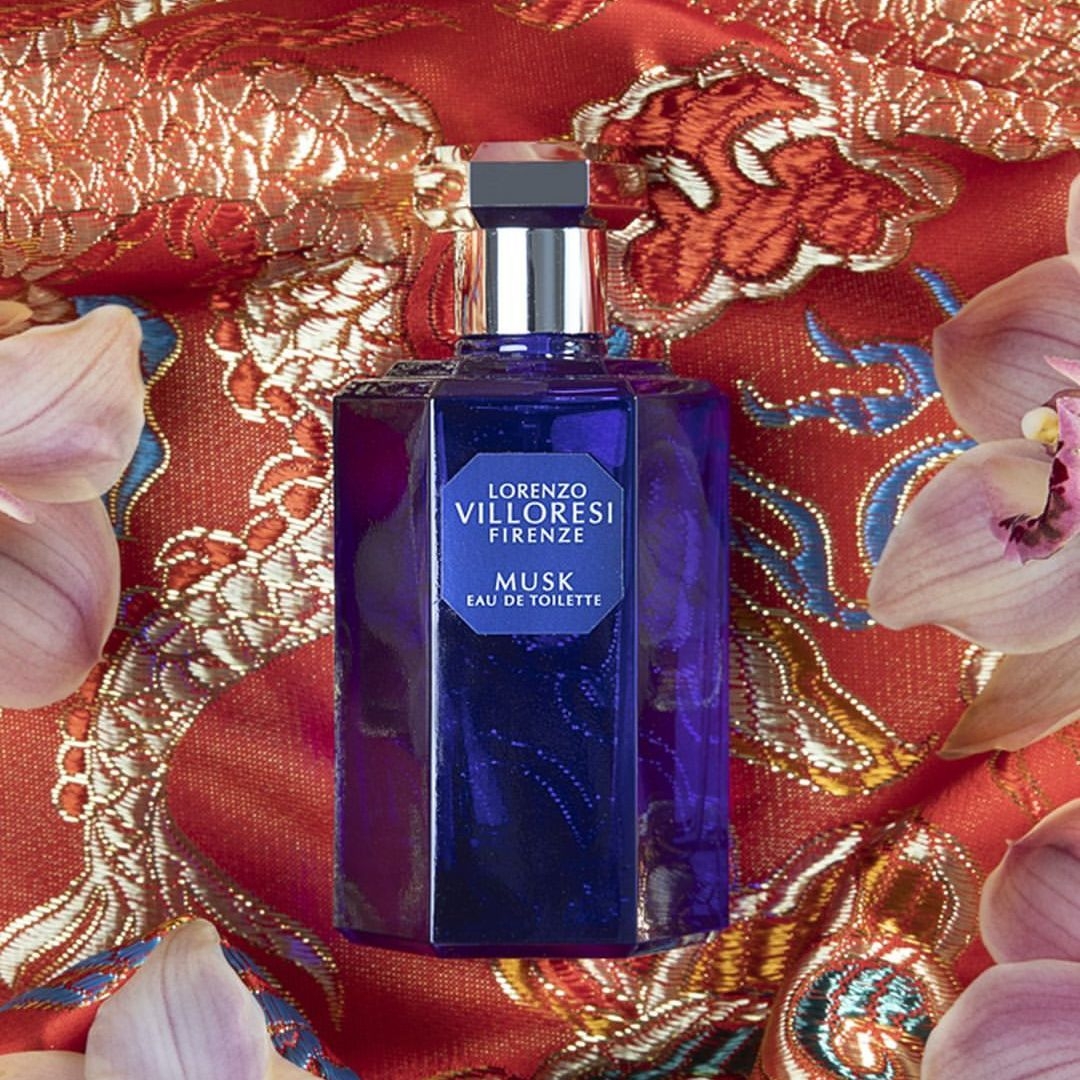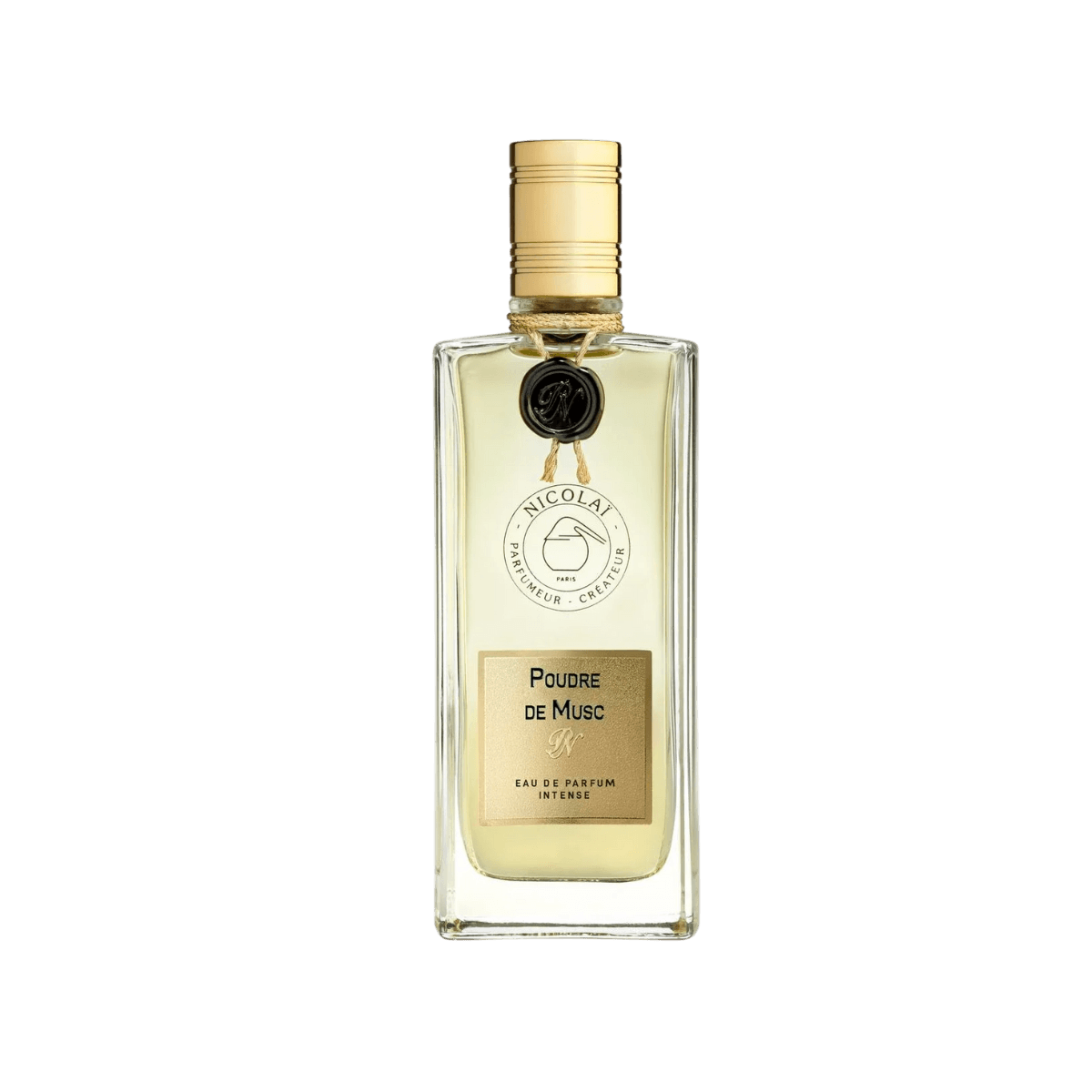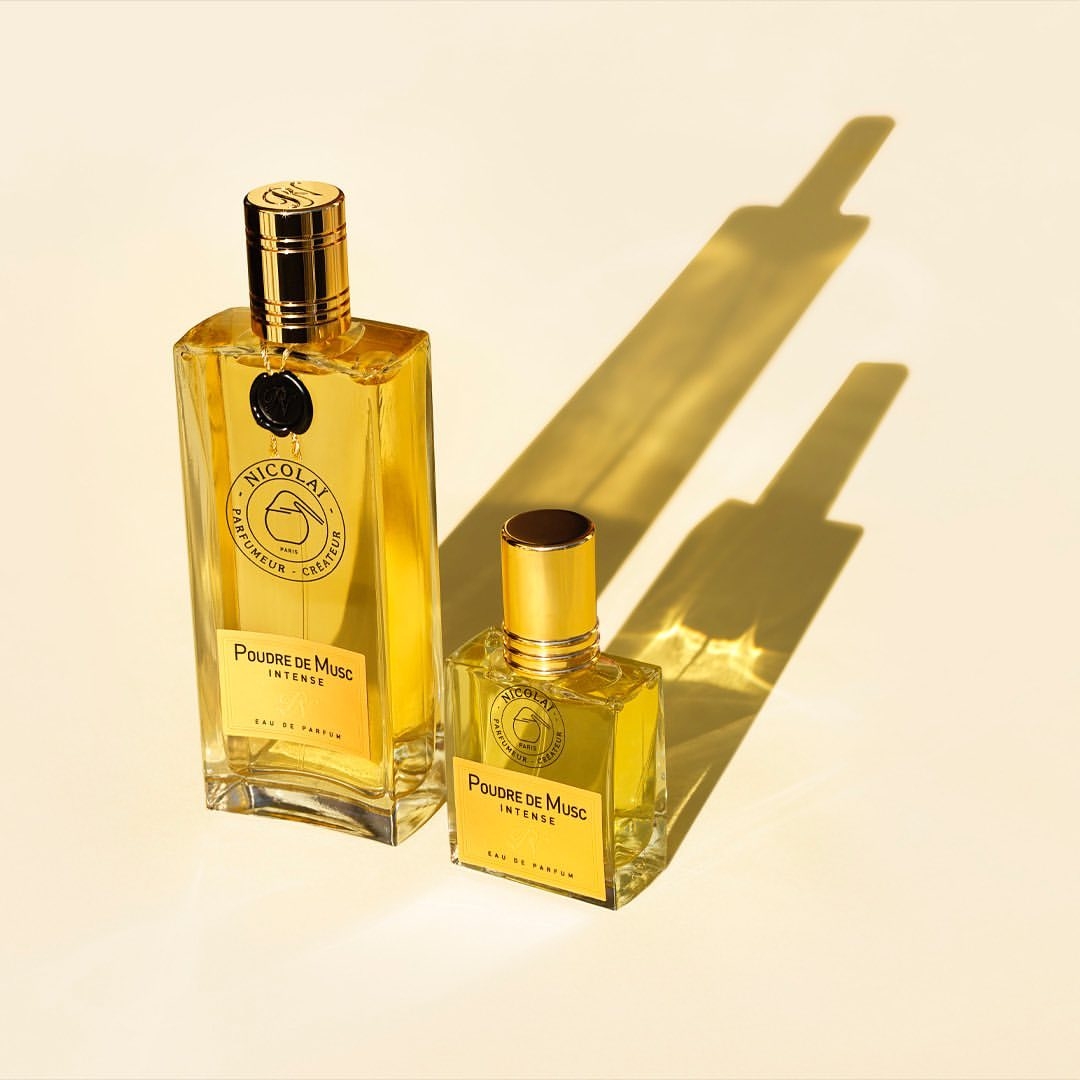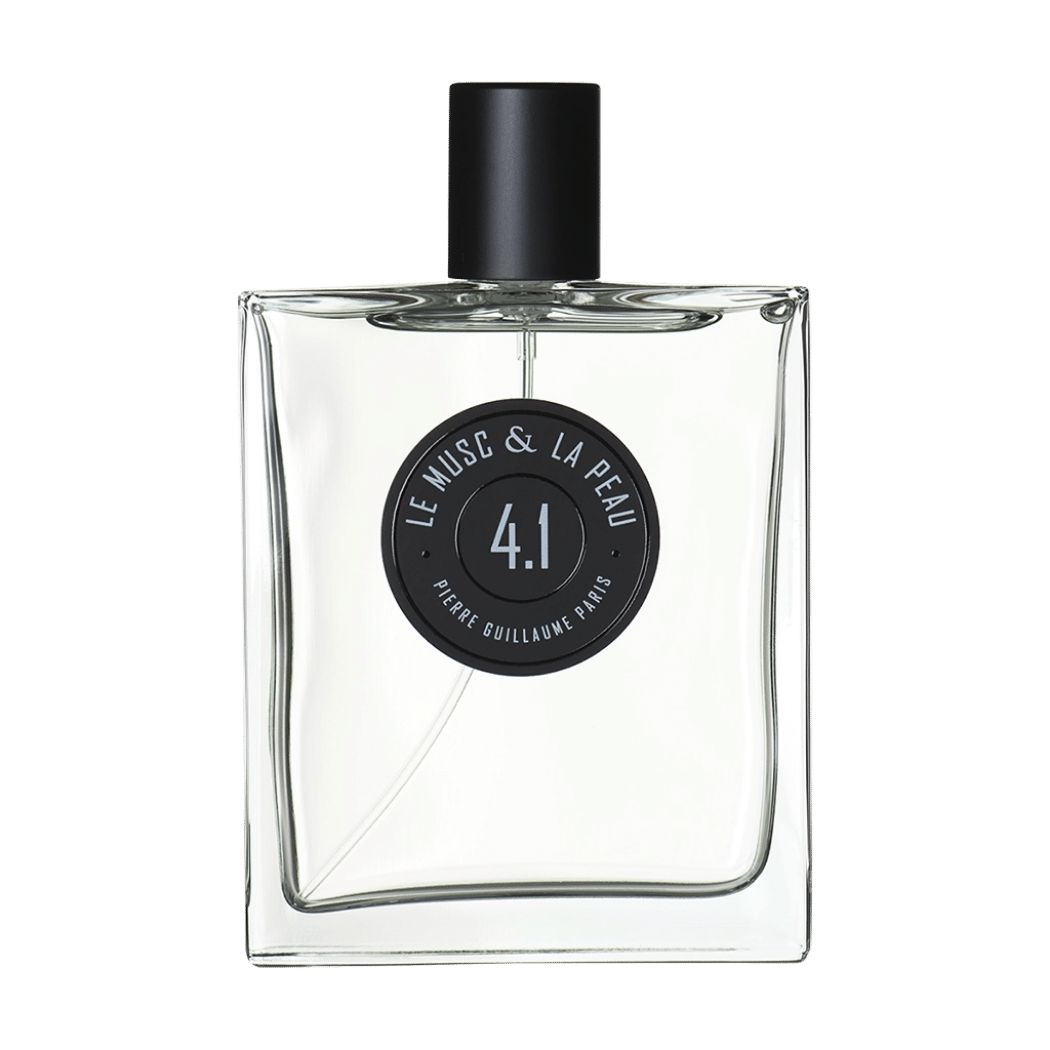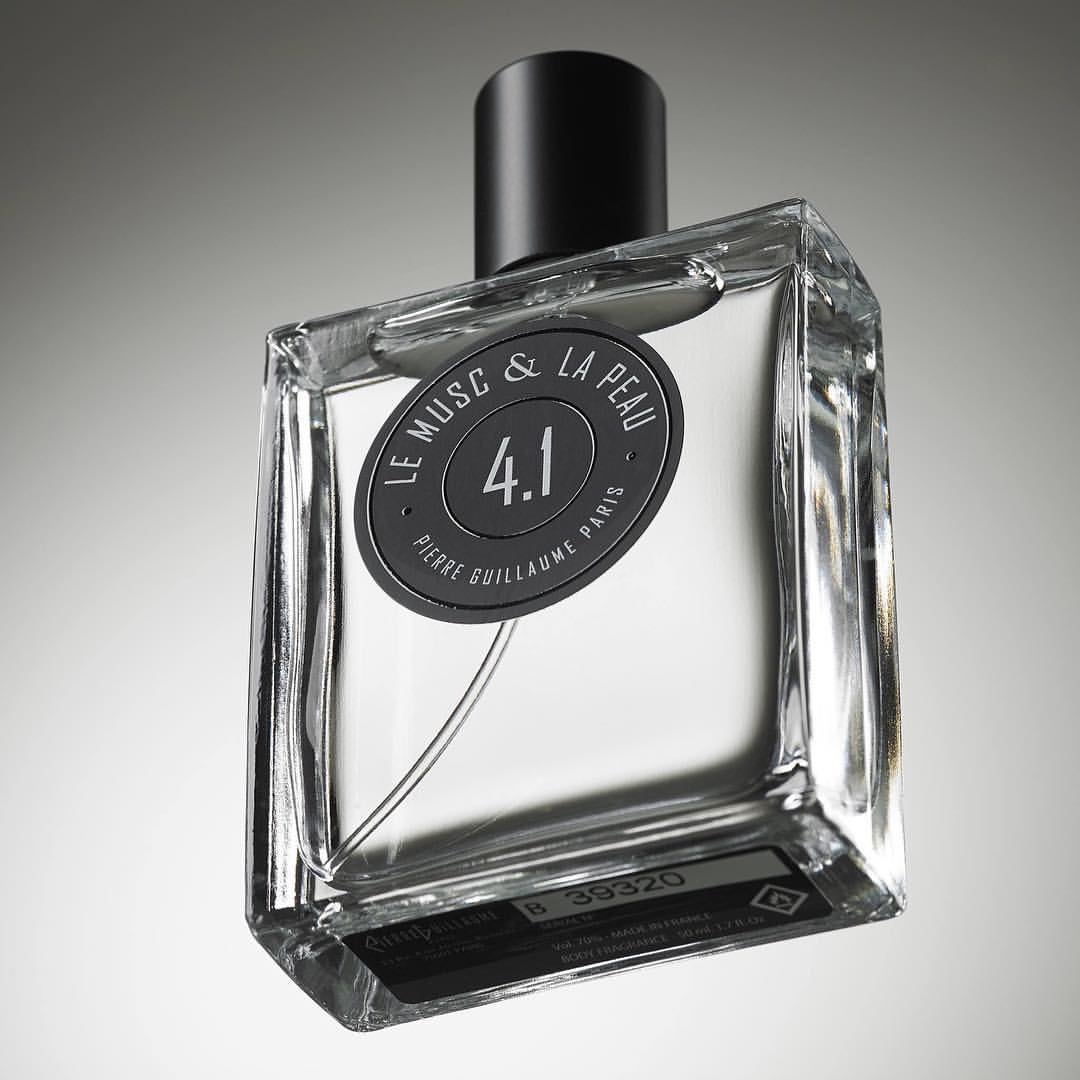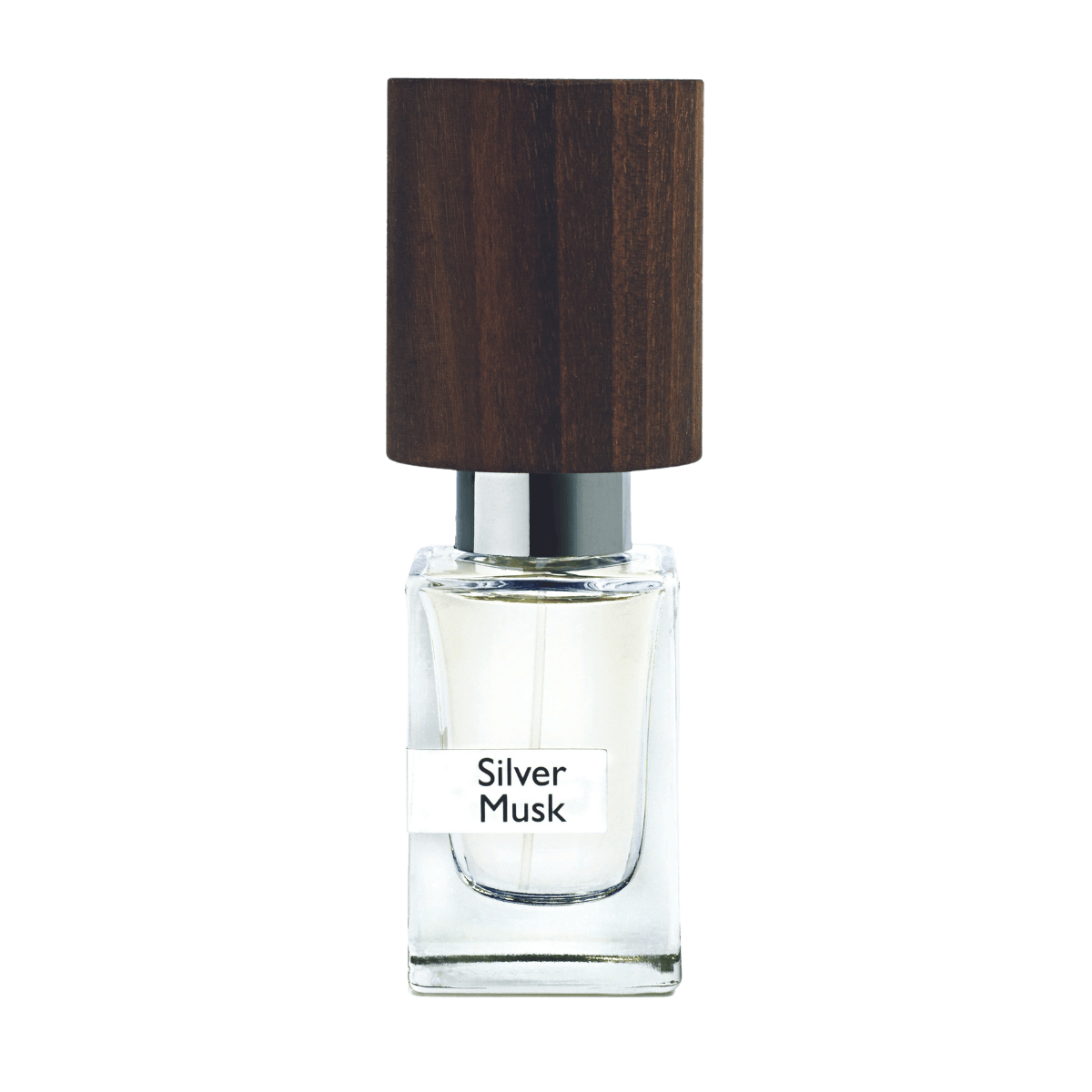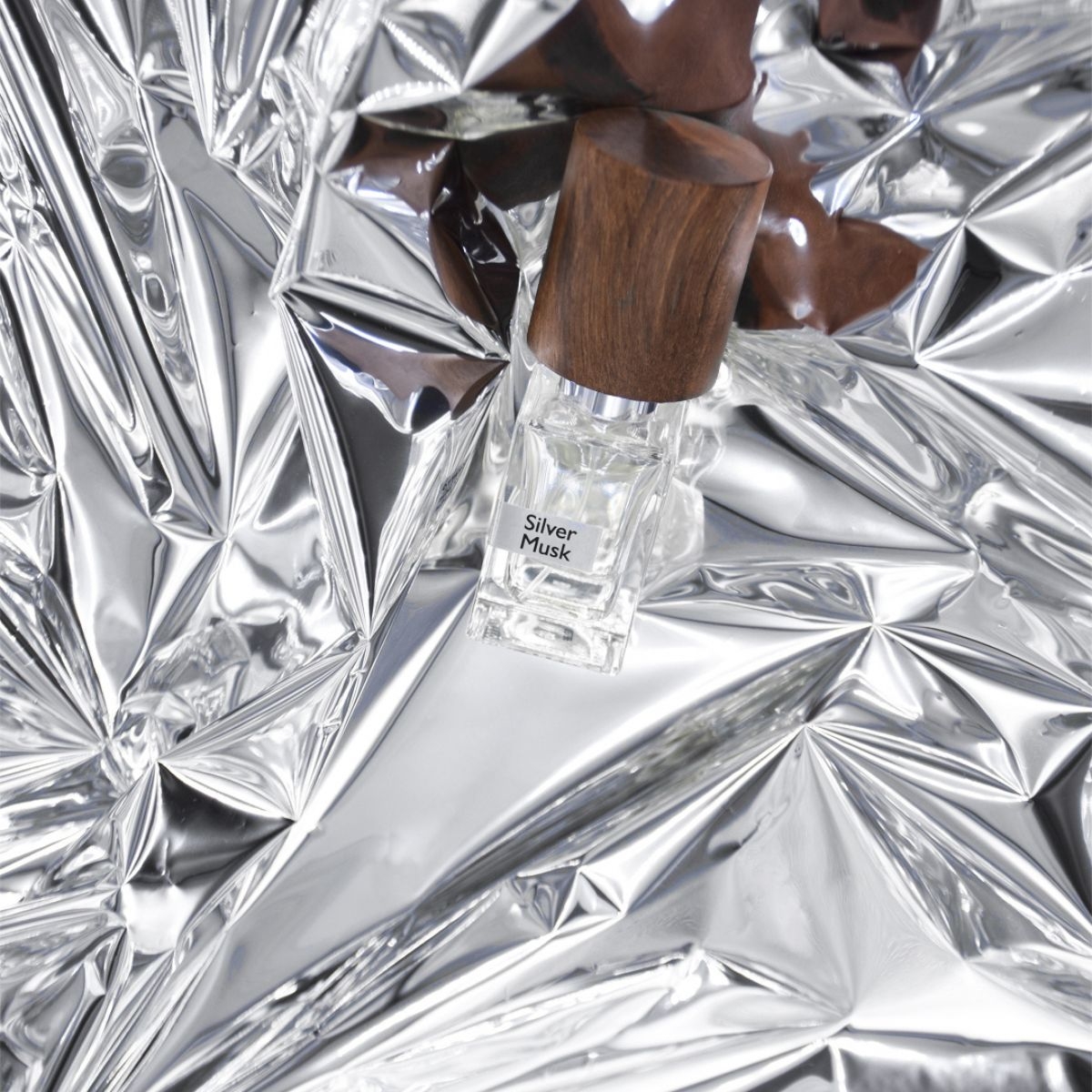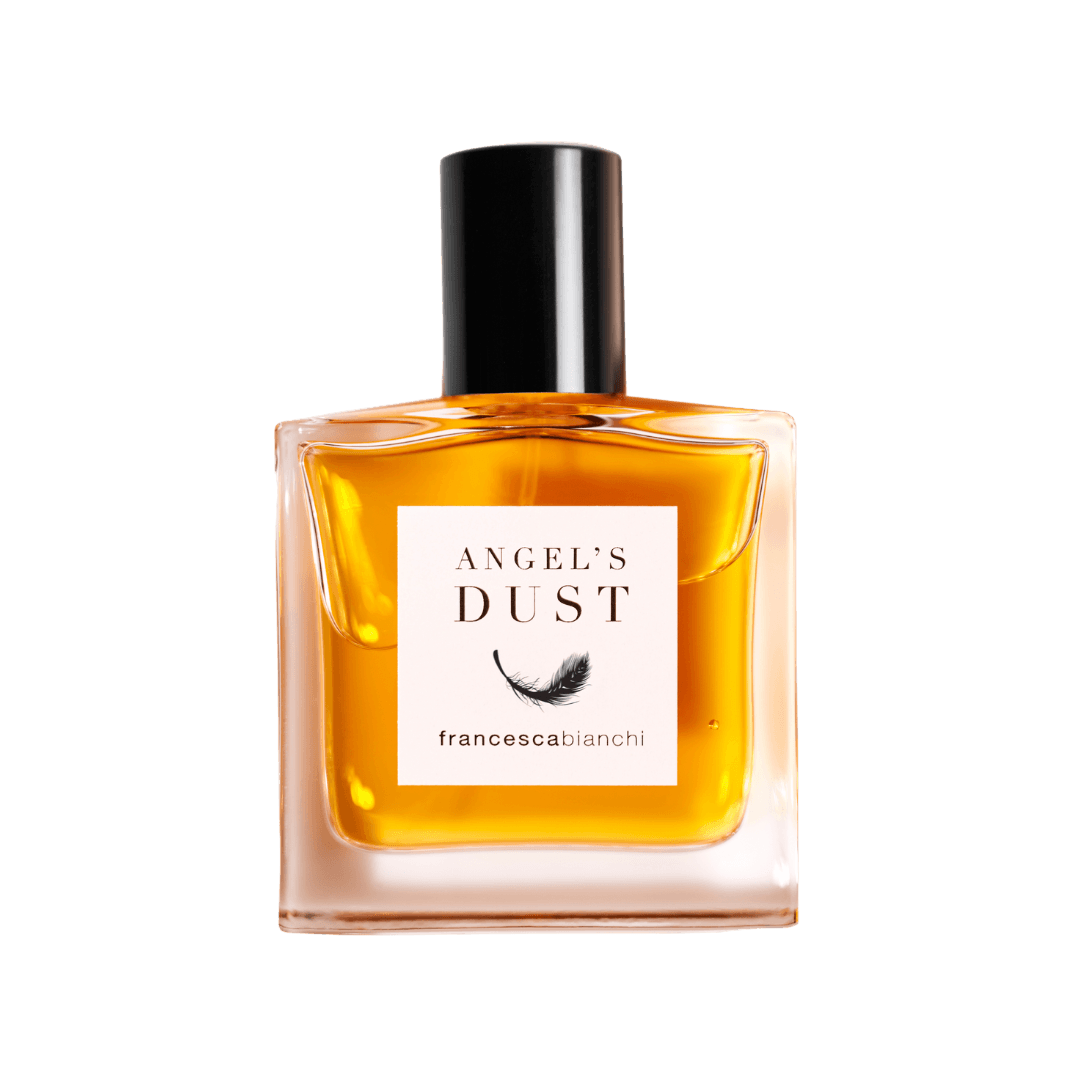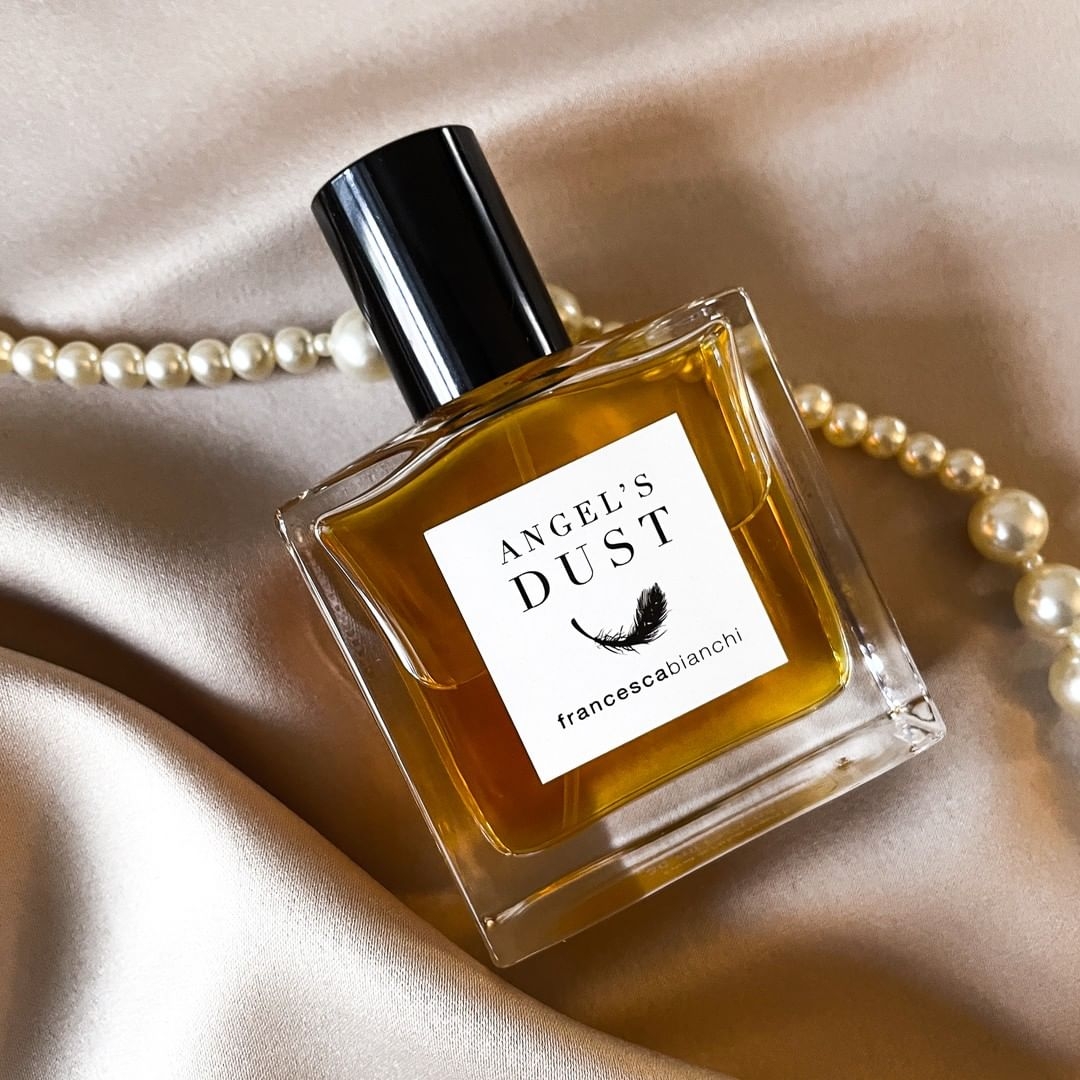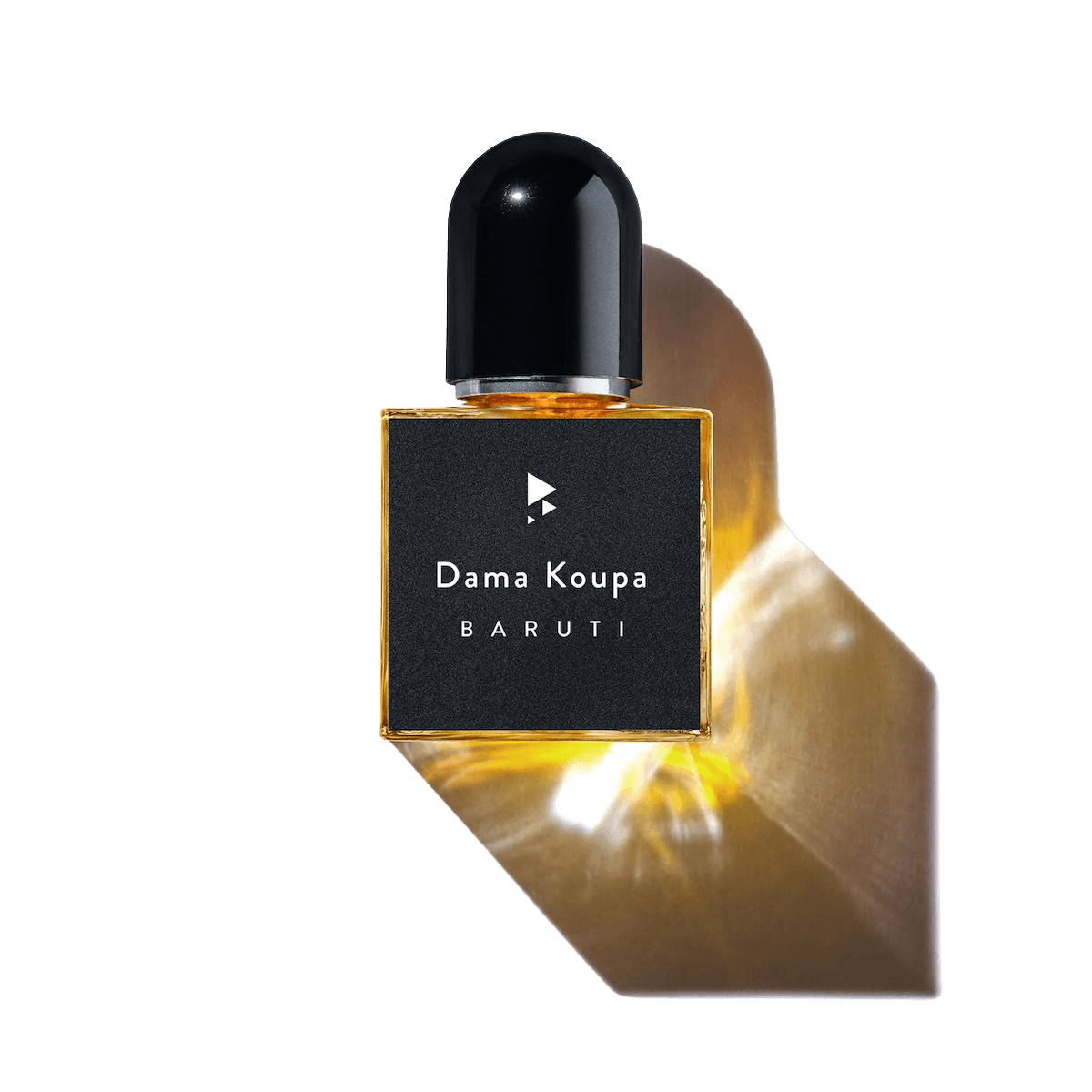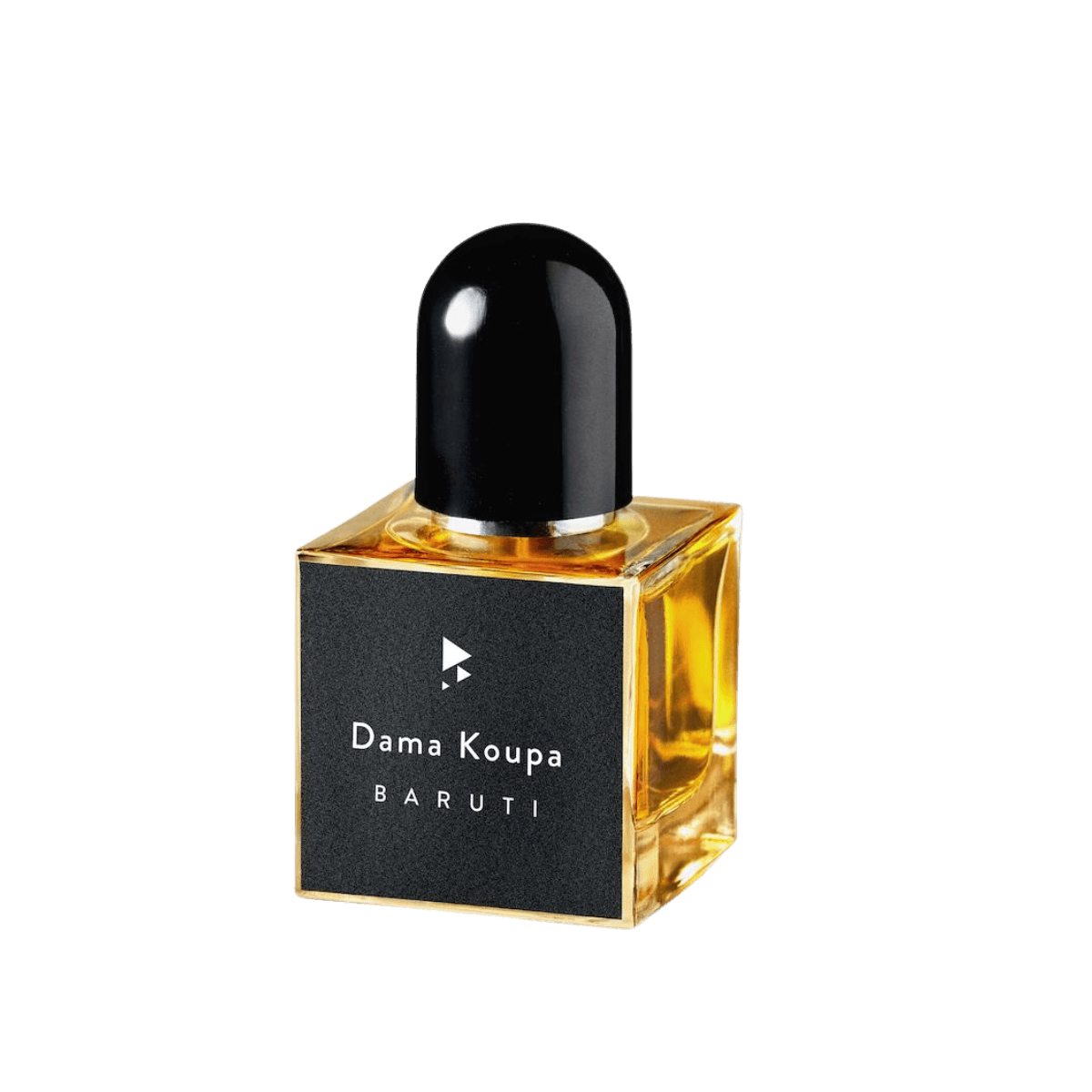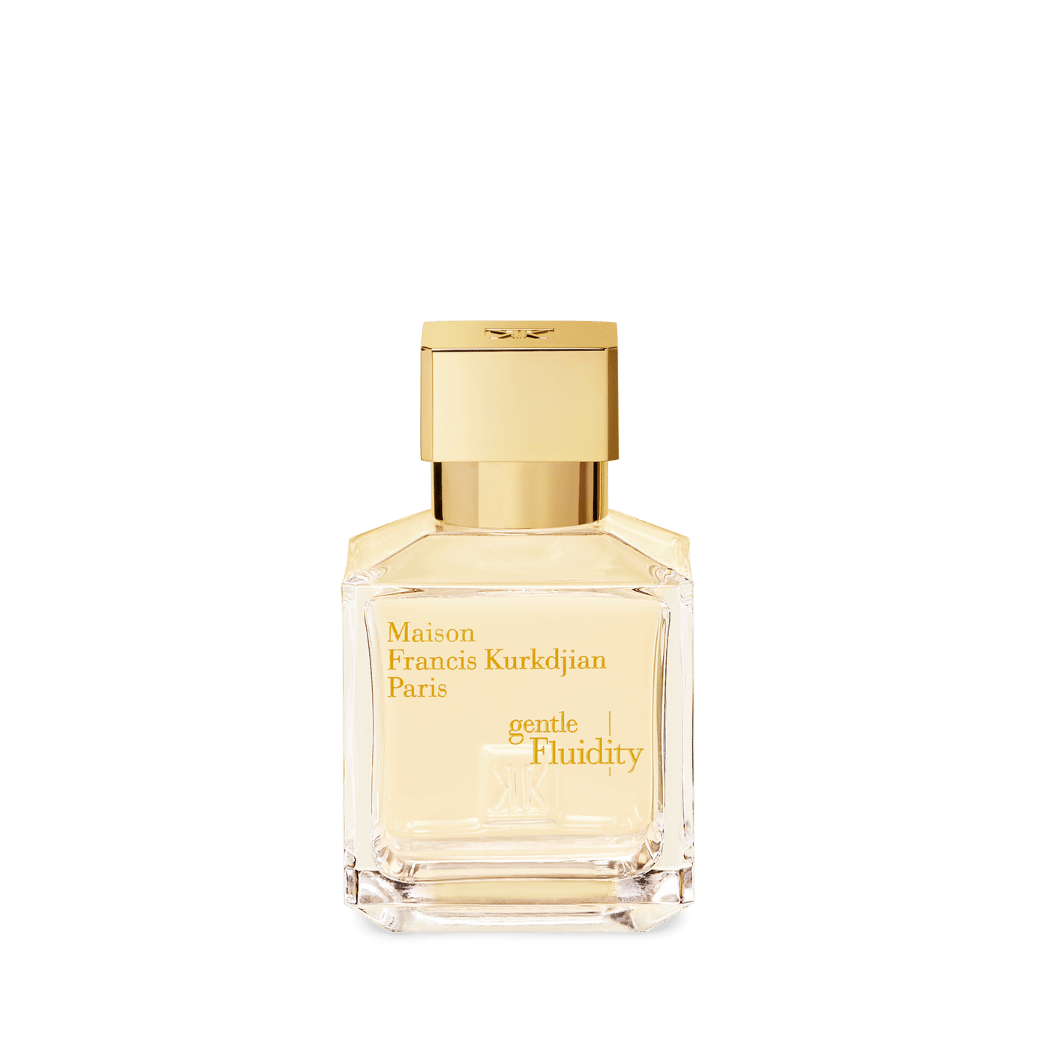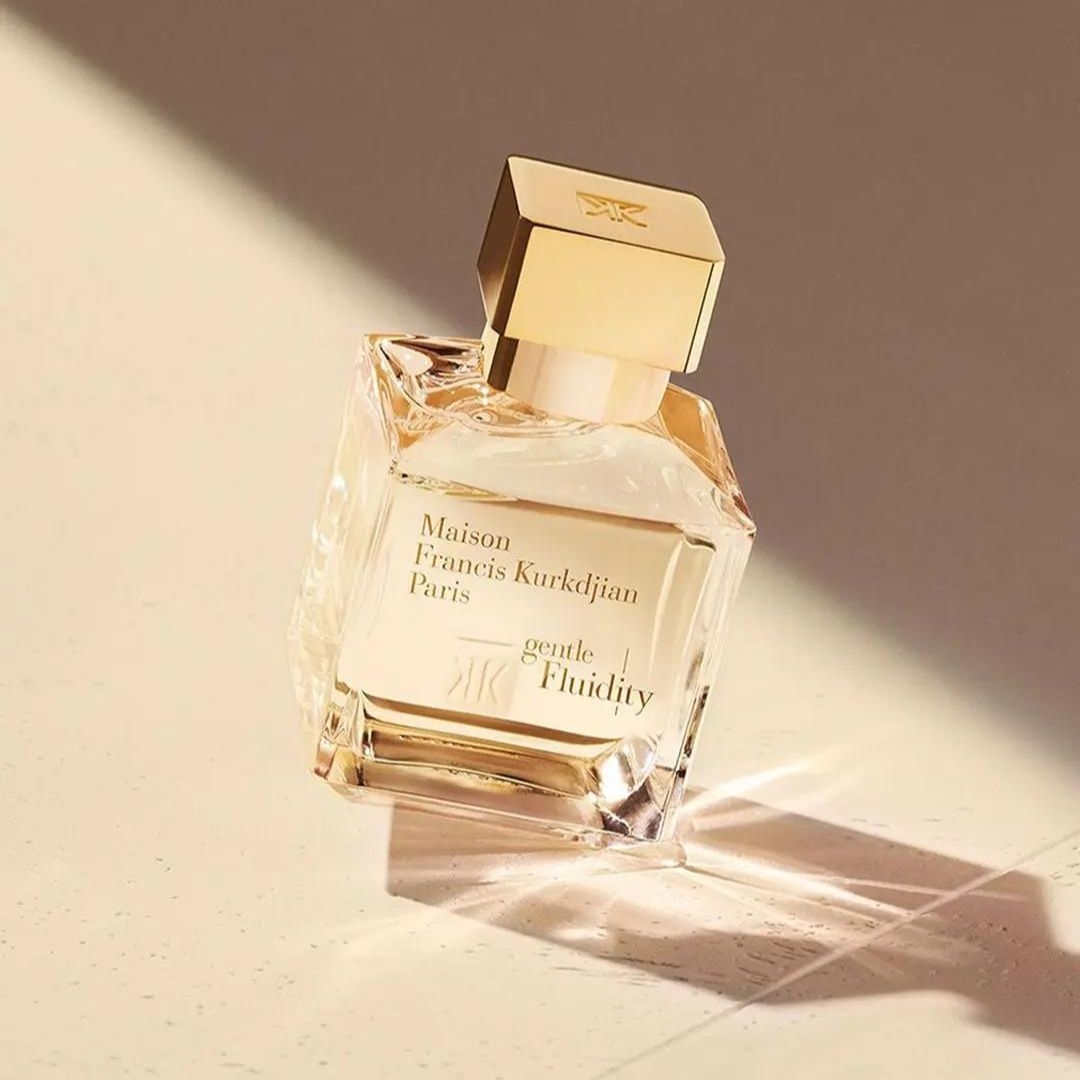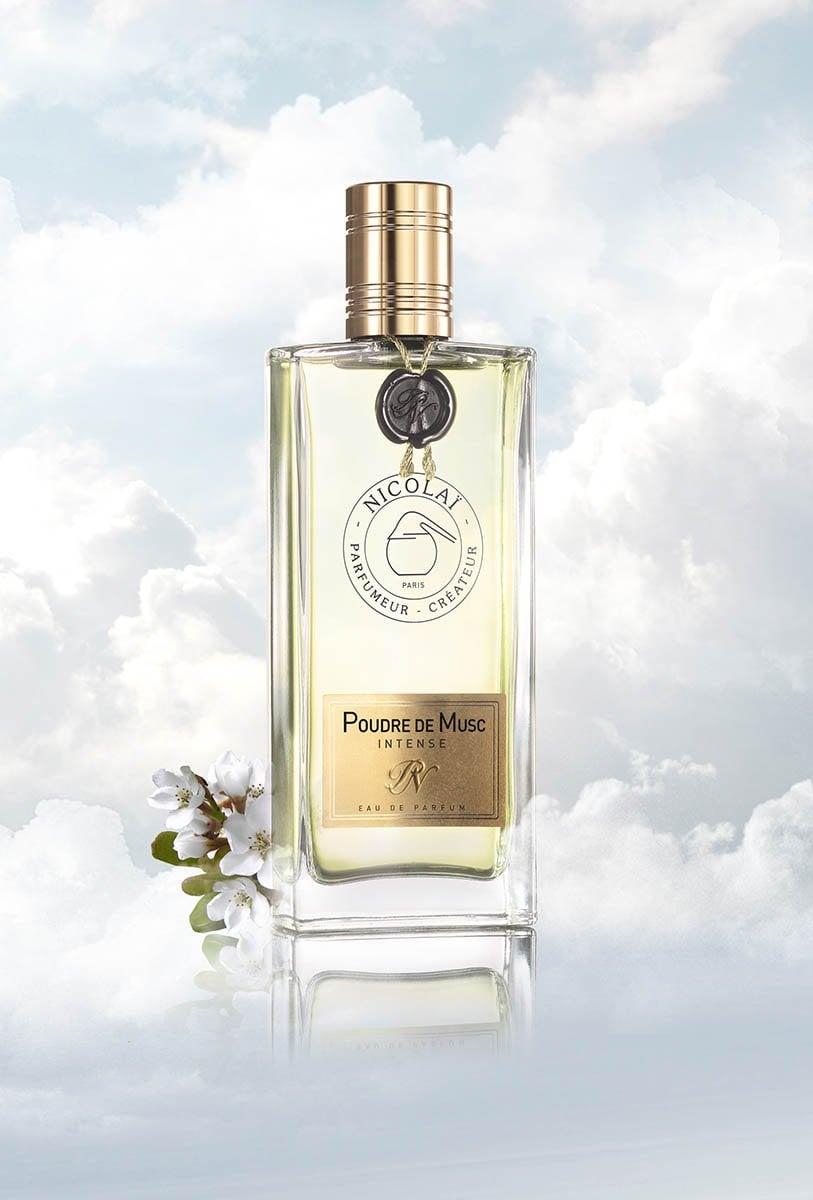
Musk in perfumes
Musk is a popular perfume ingredient, which in the base of perfumes gives that wonderfully long-lasting and creamy, soft, intimate, sensual and creamy effect. Fortunately, musk of animal origin (the musk deer) is no longer used, and perfumes mainly contain synthetic or vegetable musks. Read all about what musk is, what it smells like in perfumes and discover which beautiful perfumes contain musk.
Clean and fluffy musk perfumes:
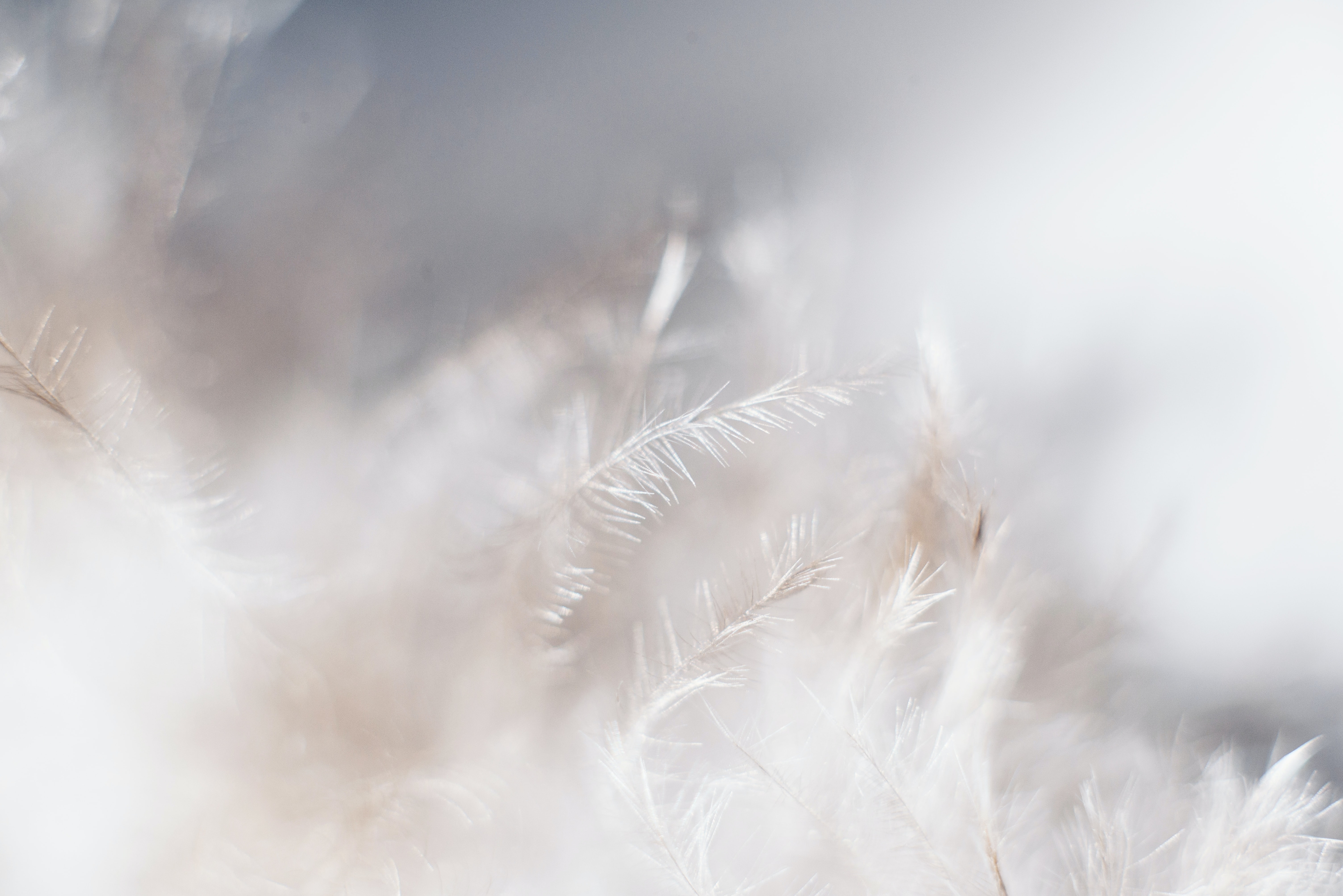
Synthetic musk: clean, white musk
The 1960s and 1970s saw the rise of many synthetic alternatives to musk, allowing a perfumer to achieve both the fixing effect and the fragrance experience without using animal-derived fragrances.
The largest group of synthetic musks are known as white musks. They provide a clean, slightly powdery, soapy, sweet (sometimes even slightly fruity), silky scent in the base. These last very long and develop best on the skin itself. Examples are: Galaxolide, Ambrettolide, Helvetolide, Romanolide, Sylkolide and Serenolide.
Discover musky perfumes
Animal musk of the Moschus deer
Musk of animal origin has been used for centuries, especially that from the gonads of the male moschus deer. The word “musk” comes from the Persian word “moshk” in Sanskrit “muska” meaning “testicle”.
This animalic musk was used both as an aphrodisiac, as a fixative and as a seductive scent in perfumes.
The ultimate fragrance sensation was Tonkin musk. The Chinese praised the tantalizing power of Tonkin musk since ancient times.
The Islam bestowed Tonkin musk with such divine virtues that it was mixed with the cement of mosques. In this way it would give off its aroma in the heat of the sun.
The smell of natural musk was so extremely pungent that ships transferring tea refused to transport it, fearing that their entire cargo would smell of musk.
For a long time the scent from the Himalayas’ musket deer was one of the most valuable ingredients in the perfumers’ palettes; it enhanced the entire essence of a perfume.
The use of Tonkin musk was banned by law in 1979 and the musket deer is now a protected species. However, as a substitute for deer musk, the industry started the glandular secretion from beavers and from the civet cats.
Thankfully, animal notes of natural origin are now forbidden in the perfume industry and more synthetic, animal-friendly alternatives emerged. Examples of synthetic musks that can add a “dirty” twist to a perfume are Muscone, Civetone and Ambroxide.
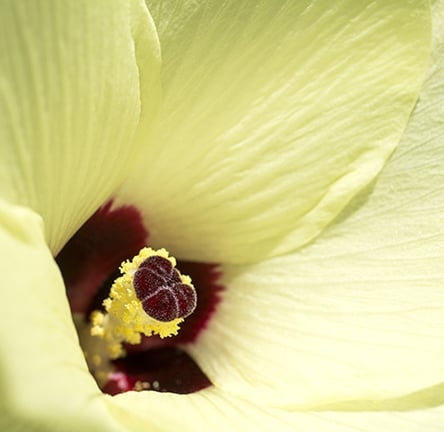
Vegetable musk: ambrette seed
Finally, we like to mention ambrette seed as a type of plant-based musk. Abelmoschus moschatus, also called ambrette seed, is extracted from the hibiscus flower and also smells softly musky, with a subtle nutty and sweet hint.
Check out all of our perfumes with ambrette seed here.
